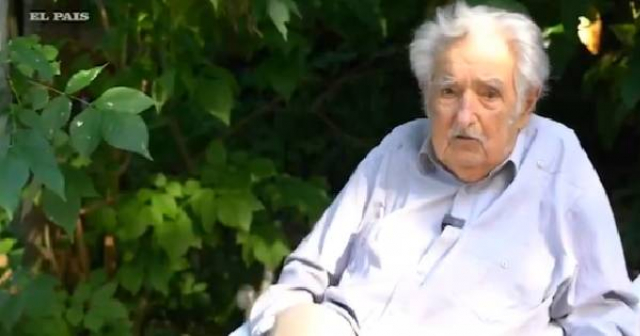The Broad Front, led by Yamandú Orsi, returned to the presidency of Uruguay in the elections held on Sunday, November 24.
Orsi, backed by former president José "Pepe" Mujica, defeated the official candidate Álvaro Delgado from the National Party.
Orsi won with 52% of the votes. This victory marks the return of the left to power after a 15-year period (2005-2020) under the Broad Front and then a term under a center-right government.
The outgoing leader, Luis Lacalle Pou, congratulated the elected president in a direct call and on his social media. He publicly offered to facilitate an orderly transition of power once the new president is ready.
In her celebratory speech, Orsi promised to be a leader who fosters national dialogue and ensures economic stability, social protection, and improved security.
He developed his political campaign with a program focused on income redistribution, economic growth, and combating insecurity.
Yamandú Orsi is 57 years old, a history teacher, and has served as mayor twice under the Broad Front coalition. He grew up in a humble rural area without electricity and became politically active during Uruguay's return to democracy after the military dictatorship (1973-1985).
He has been identified as Mujica's political successor, who transformed Uruguay into a global benchmark for its progressive policies and environmental sustainability.
Crime is a top concern for Uruguayans, who face a homicide rate of 11.2 per 100,000 inhabitants. Moreover, drug trafficking and violence in the poorest neighborhoods of Montevideo have created significant social alarm.
The left will hold the majority in the Uruguayan Senate, but will face a divided Parliament, where the National Party maintains a significant presence in the Chamber of Deputies.
This landscape will demand consensus and will set the tone for the new government. Uruguay thus begins a chapter with renewed hope in its policies of social justice and sustainable development.
Filed under:
